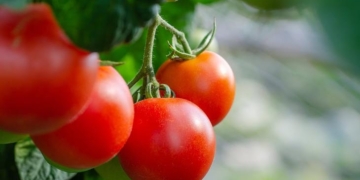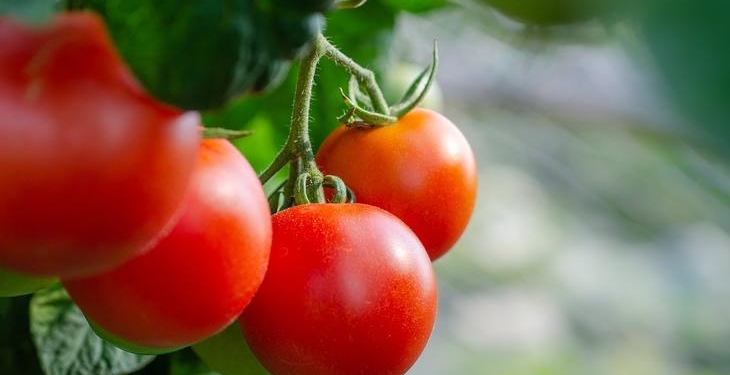The ecological international outdoor tomato cultivation project was launched in Germany in 2003 and already has up to 34 experimental varieties. The project involves research centers, professional agronomists and amateur botanists, commercial firms
In Germany, as in the rest of the world, tomatoes are the most demanded vegetable.
In Germany, tomatoes account for about 15% of consumer demand, however, diseases such as late blight are considered the main limiting factor in the production of tomatoes in open ground, therefore, breeders’ efforts are directed towards varieties with resistance to late blight. Other important characteristics include fruit quality, frost and drought resistance, and fertilizer efficiency.
Under the Ecological Field Tomato project, participants create new varieties without financially benefiting from so-called intellectual property rights. Since the launch of the project, breeders have been successful in late blight resistance with Primabella, Resibella, Rondobella, Vivagrande and Sunviva – they have passed the wet weather test of the summer of 2021.
“Previous years, from 2018 to 2020, were favorable for growing tomatoes outdoors in almost all regions of Germany – against the background of hot and dry weather, infection with the P. infestans fungus, which causes late blight, did not play any role,” said Hornenburg, an agronomist. who researches and teaches at the Department of Ecological Plant Breeding and Agricultural Biodiversity at the University of Kassel. – This year has been and remains different. Even in greenhouses, tomatoes with low to medium resistance were affected by late blight, as the tomato plants remained moist for some time. But the mentioned varieties brought a good harvest in the field – this is the result of joint breeding, when there is an opportunity to quickly find new solutions among many breeding lines if this or that variety loses its resistance. Within the framework of the project, annual meetings are held – at the “Tomato Day”, participants exchange views, observations and accurate test data. Instructions and scientific results are publicly available on the project home page. It should be noted that the taste of tomatoes is considered during tasting at every stage of the breeding process. “
The Ecological Field Tomato project aims to discourage large seed corporations that also frequently file patents for tomato traits; if a new variety contains the corresponding characteristics, it is necessary to pay a license fee or use is prohibited at all, which, according to the initiators of the project, is an obstacle to the creation of improved varieties.






























